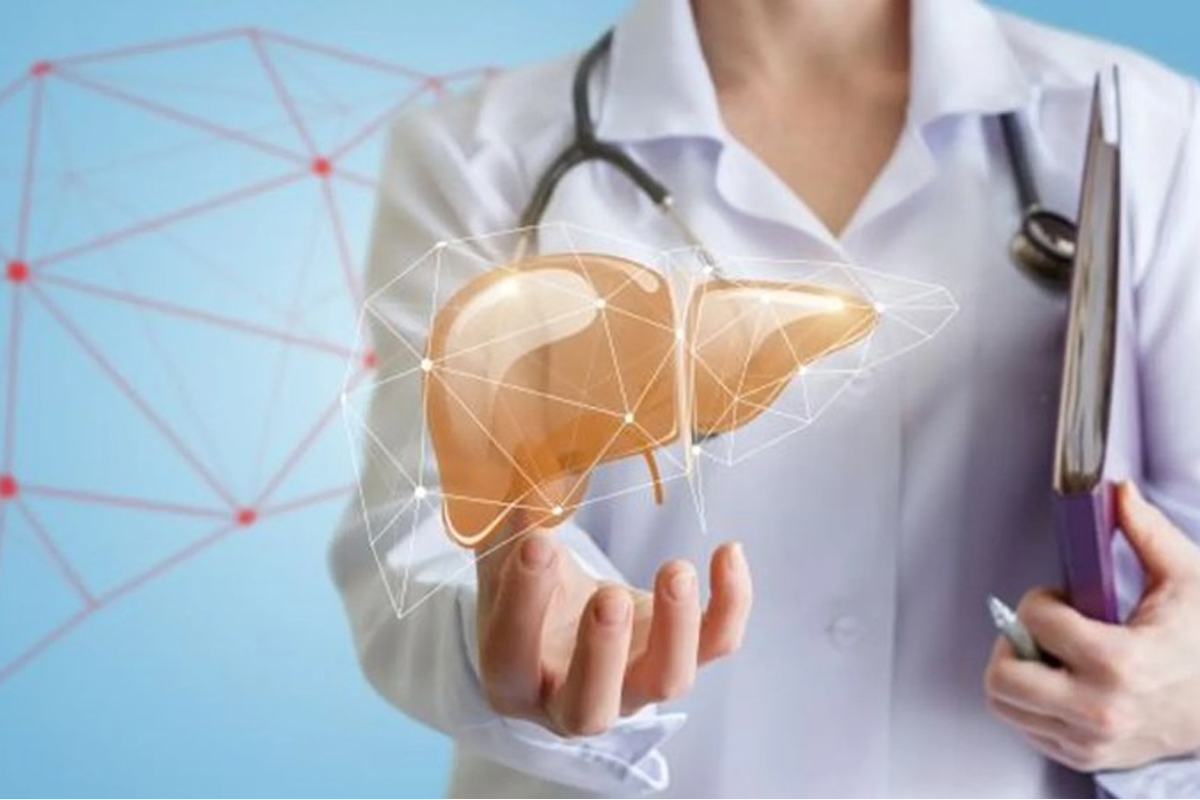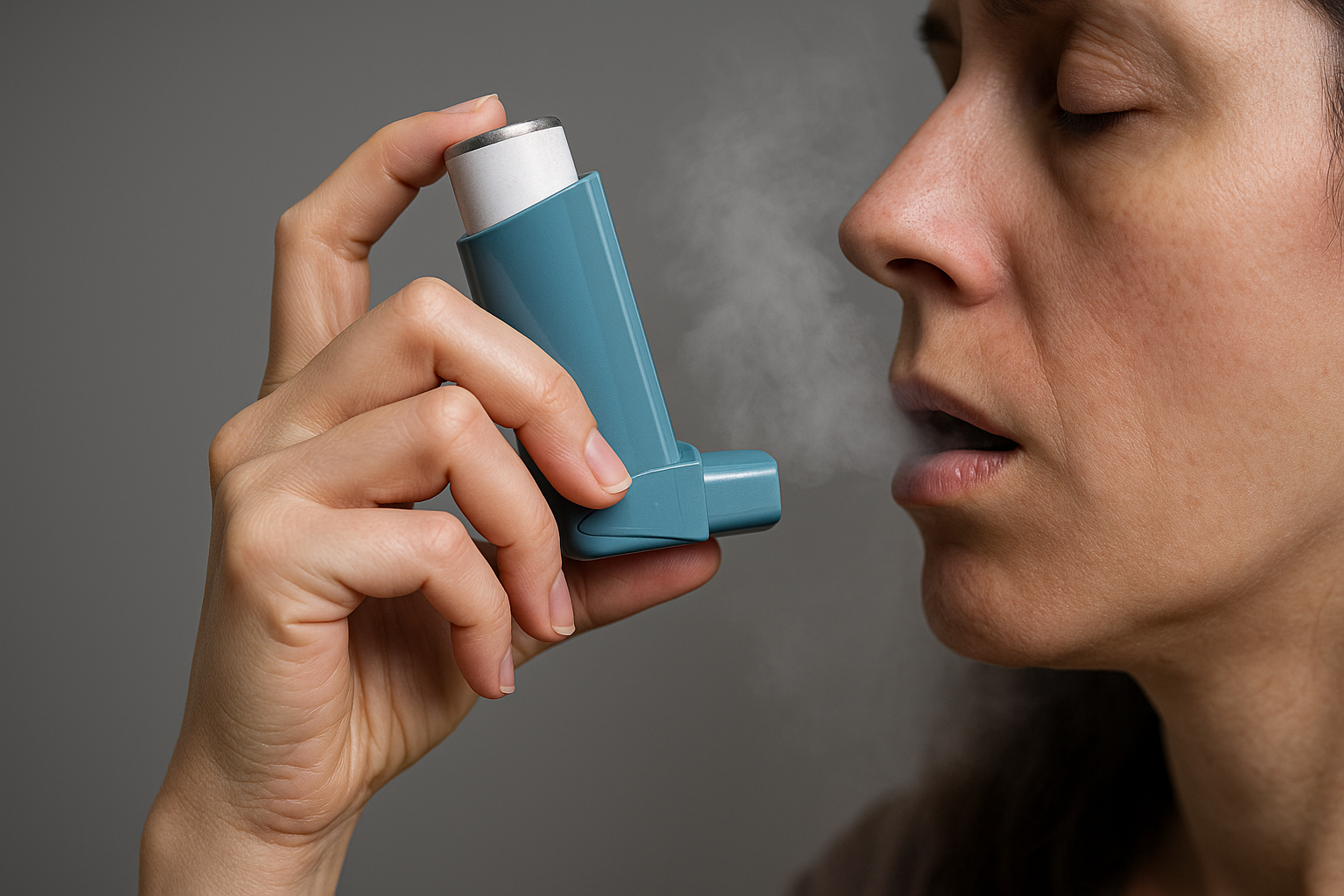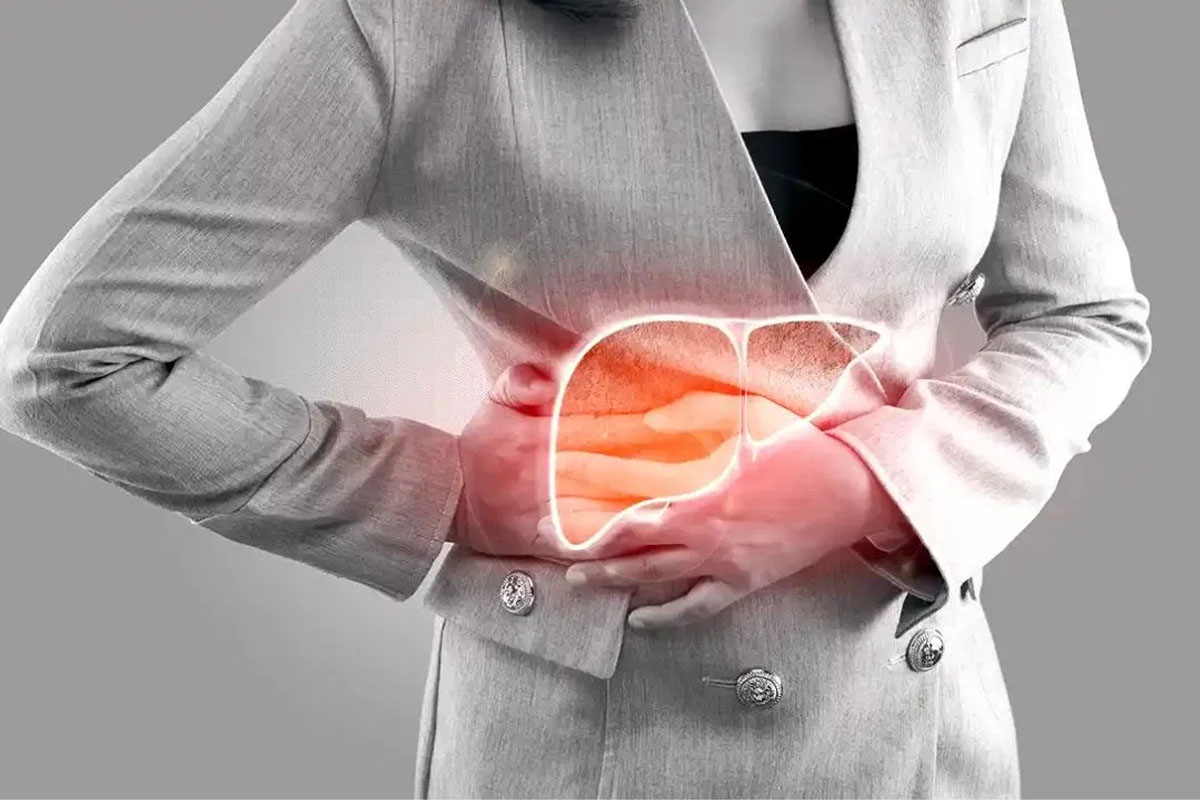
Early Signs of Liver Disease You Shouldn’t Ignore
By in Gastroenterology
Apr 18, 2025
The liver is one of the most vital organs in the body, responsible for filtering toxins, aiding digestion, and supporting overall metabolism. When the liver becomes damaged or diseased, it can significantly affect your health. Unfortunately, many liver conditions progress silently in their early stages, making it essential to recognize early warning signs before the disease becomes severe.
Here are some early signs of liver disease you should never ignore:
1. Fatigue and Weakness
Persistent fatigue and low energy levels are often among the first signs of liver trouble. Although these symptoms are common and can stem from various conditions, chronic tiredness without a clear cause may indicate liver dysfunction. When the liver isn’t working properly, the body may struggle to detoxify itself, leading to a general feeling of being unwell.
2. Loss of Appetite and Weight Loss
A sudden or unexplained decrease in appetite, along with unintentional weight loss, could point to liver disease. Since the liver plays a crucial role in digestion and nutrient absorption, any disruption in its function can affect your eating habits and nutritional intake.
3. Yellowing of the Skin and Eyes (Jaundice)
Jaundice occurs when there’s a buildup of bilirubin, a yellow pigment that is normally processed by the liver. When the liver is unable to filter bilirubin properly, it can accumulate in the bloodstream, causing the skin and whites of the eyes to appear yellow. This is a more obvious and serious sign that the liver is in distress.
4. Abdominal Pain and Swelling
Pain or discomfort in the upper right side of the abdomen—where the liver is located—can be a red flag. In some cases, people may also experience swelling in the abdomen (ascites) due to fluid retention, which can result from liver cirrhosis or other forms of liver damage.
5. Dark Urine and Pale Stool
Changes in urine and stool color may indicate liver problems. Dark urine often results from excess bilirubin in the body, while pale or clay-colored stools may suggest a bile flow obstruction. These symptoms should be promptly evaluated by a healthcare provider.
6. Itchy Skin
Chronic itching without an obvious cause can sometimes be linked to bile salt accumulation under the skin, which may occur due to liver dysfunction. While this symptom alone doesn’t confirm liver disease, it becomes more concerning when paired with other signs.
7. Swelling in the Legs and Ankles
Liver disease can cause fluid retention in the lower extremities, leading to swollen legs and ankles. This may result from decreased production of proteins like albumin, which help regulate fluid balance in the body.







